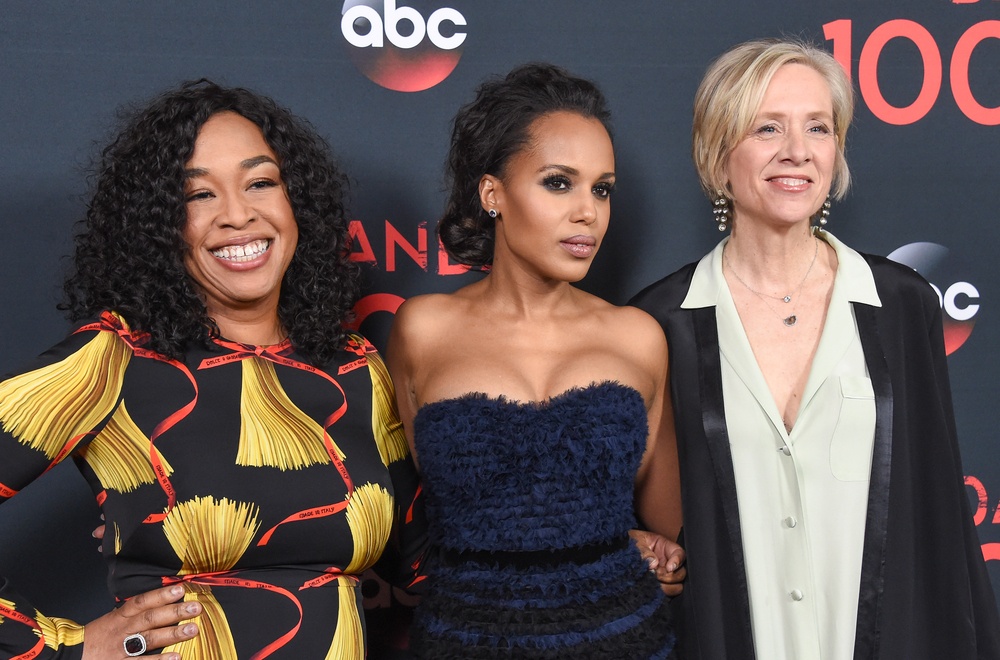Broadcast TV networks have the fewest TV pilot orders in 7 years, according to a new report by Variety.
Every year pilot season takes place in the last half of Winter. The time of the year where television networks, choose a select set of TV scripts to produce a single episode, known as the pilot. Actors are then decided to play the leading roles in the show, and if the TV network likes the show, the studio will give that show a select number of episodes to film.
Pilots are the traditional process as to how shows end up on television. Nearly every show you see on tv has a pilot episode and goes through this process. However, with the rise of HULU, Netflix, and other streaming platforms, things are changing.
According to Variety, ABC, CBS, The CW, Fox, and NBC have 59 pilots ordered so far for 2019-2020. That number includes two straight-to-series orders at Fox and one at NBC, which means regardless of how good the pilot is the network is committed to making those shows for at least one season.
As a result, Variety reports that the number of total projects ordered this year is far less than in 2 in018. In 2018, television networks ordered 76 pilots and this year the total number of productions will be down 10 to 20%, making it the fewest number of pilots orders in nearly a decade.

Why is this happening?
Variety suggests the decrease in the number of projects is due to a shift in the strategy by broadcast networks to compete with streaming platforms.
CBS Entertainment president Kelly Kahl told Variety that creating a budget for pilot orders is a top priority as CBS is not too sure how many pilots to order.
“We take the responsibility very seriously of how we use our resources, and we don’t make pilots just for the sake of making them,” Kahl said. “We want to essentially guarantee that it’s worth making and might have a chance of getting on our air. But the actual number hasn’t been determined yet.”
The Netflix Effect

Meanwhile, Netflix has hired top talent. High-profile producers such as Shonda Rhimes, Ryan Murphy, and Kenya Barris have left their deals at traditional studios to work with Netflix.
Another primary reason why there are such few pilots is the amount of executive turnover. Several major network executives have left including Channing Dungey, who left ABC for a VP role at Netflix, Bob Greenblatt who exited NBC and Leslie Moonves from CBS.
If there are fewer pilots, then there are fewer job opportunities for hair stylists, make-up artists, drivers, casting directors, production assistants, actors and more. How will this impact the future of television? We will have to wait and see.


